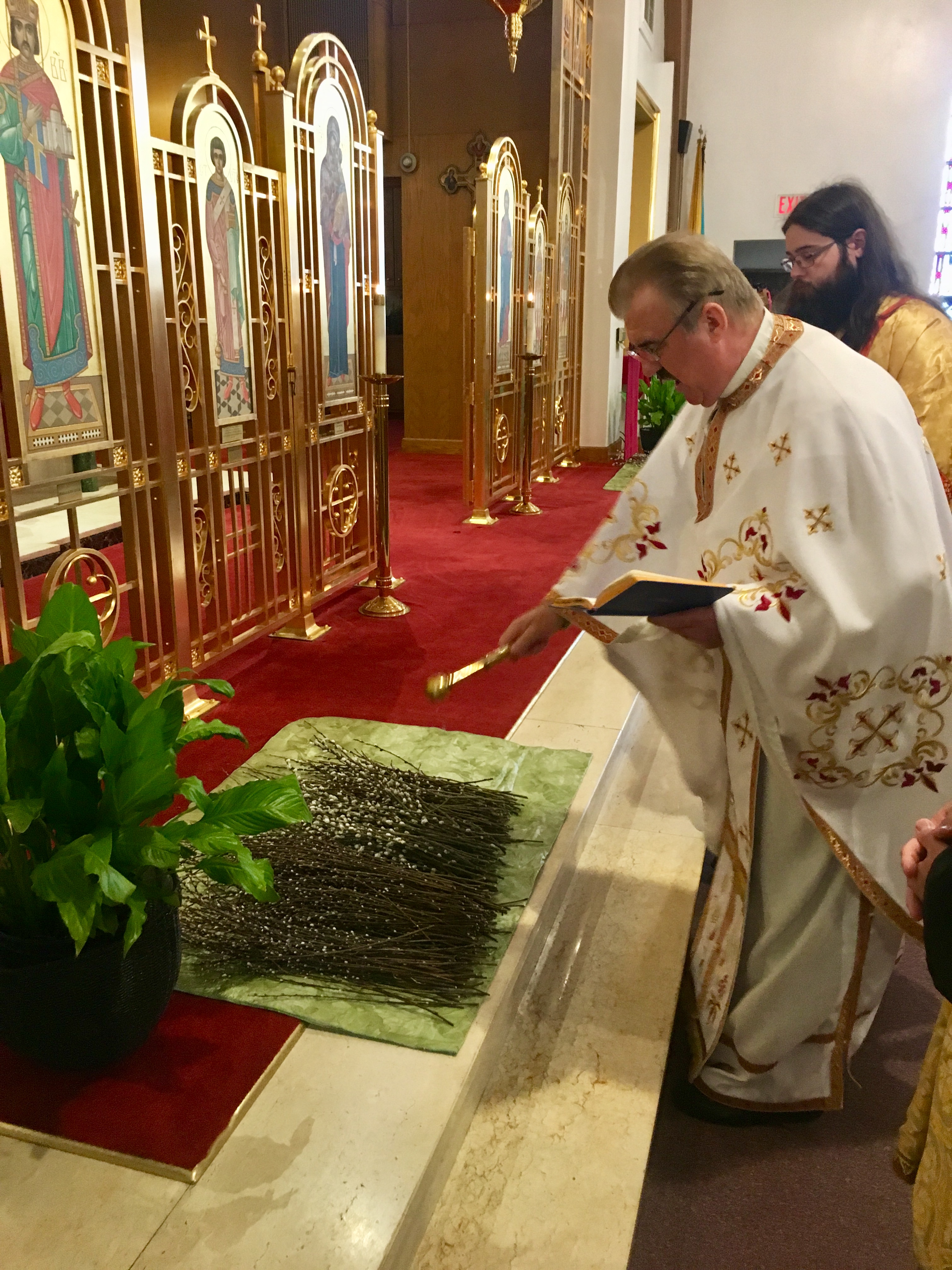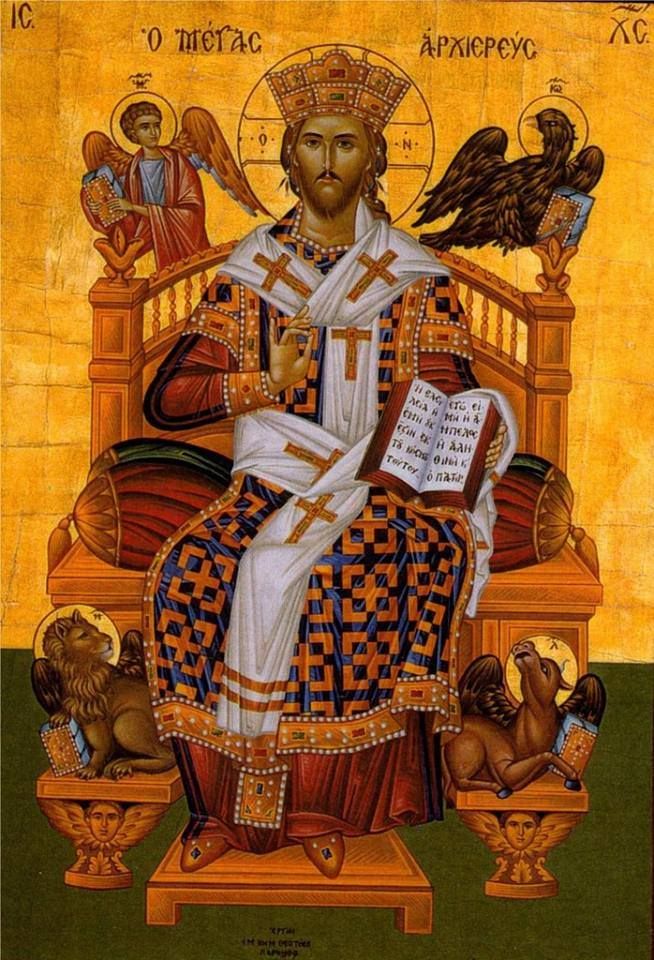 Today is Palm Sunday for those that celebrate on the Gregorian calendar. But for Ukrainians that celebrate today or on April 21st by the Julian calendar this day is called Pussy Willow Sunday or Verbna Nedila [or Flowery Sunday].
Today is Palm Sunday for those that celebrate on the Gregorian calendar. But for Ukrainians that celebrate today or on April 21st by the Julian calendar this day is called Pussy Willow Sunday or Verbna Nedila [or Flowery Sunday].
Palm trees don’t grow in Ukraine so in the Ukrainian Christian tradition, it was replaced by a willow, a plant, which blooms in early spring and symbolizes the beginning of a new life. It is likely that origins of this custom are ancient, and probably precede the acceptance of Christianity in Ukraine.
On this day pussy-willow branches are blessed in church. After Palm Sunday services, it was customary for Ukrainians to tap each other with the blessed pussy willow branches. In pagan times, it is said that this tapping transferred living energy from the willow plant (which was a goddess totem) to the person being tapped. Children, particularly, would be tapped, so they would grow big, strong and healthy. Tapping of friends with the pussy willow branches was actually a wish for good health, wealth and happiness. The people tap one another with these branches repeating the wish below.
 The blessed willow branches were then taken home. Some of the blessed pussy willow branches were placed above the holy pictures in the home, to protect the household from evil spirits. These branches would replace the branches that had been placed the previous year. The branches which were taken down were carefully burned; a few would be used to light the stove to bake this year’s pasky.
The blessed willow branches were then taken home. Some of the blessed pussy willow branches were placed above the holy pictures in the home, to protect the household from evil spirits. These branches would replace the branches that had been placed the previous year. The branches which were taken down were carefully burned; a few would be used to light the stove to bake this year’s pasky.
Some of the branches were planted by the father or oldest son. If they took root, it meant a marriage for the daughter of son of the family. Often they would be planted near the family’s well, to keep evils spirits away from it, and to make the water healthy and good tasting.
Blessed branches were used to drive the cattle to pasture for the first time on St. George’s Day, and then the father or eldest son would lightly tap the cattle with them to ensure good health and fecundity. Branches would be used to ward off storms, and thrown into fires to help put them out. A branch or two would be placed in the coffin with the deceased, to protect them from demons.
 The Roman Church has a separate feast of Christ the King in 1925, with Pius XI’s encyclical Quas Primas. It was to counter the rise of secularism by proclaiming that Christ is the only true king of the believers. The original and ancient feast of Christ the King,
The Roman Church has a separate feast of Christ the King in 1925, with Pius XI’s encyclical Quas Primas. It was to counter the rise of secularism by proclaiming that Christ is the only true king of the believers. The original and ancient feast of Christ the King,